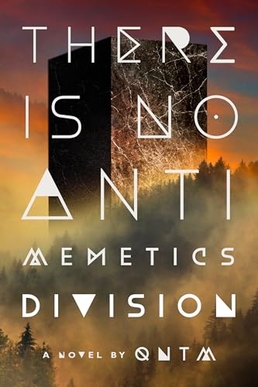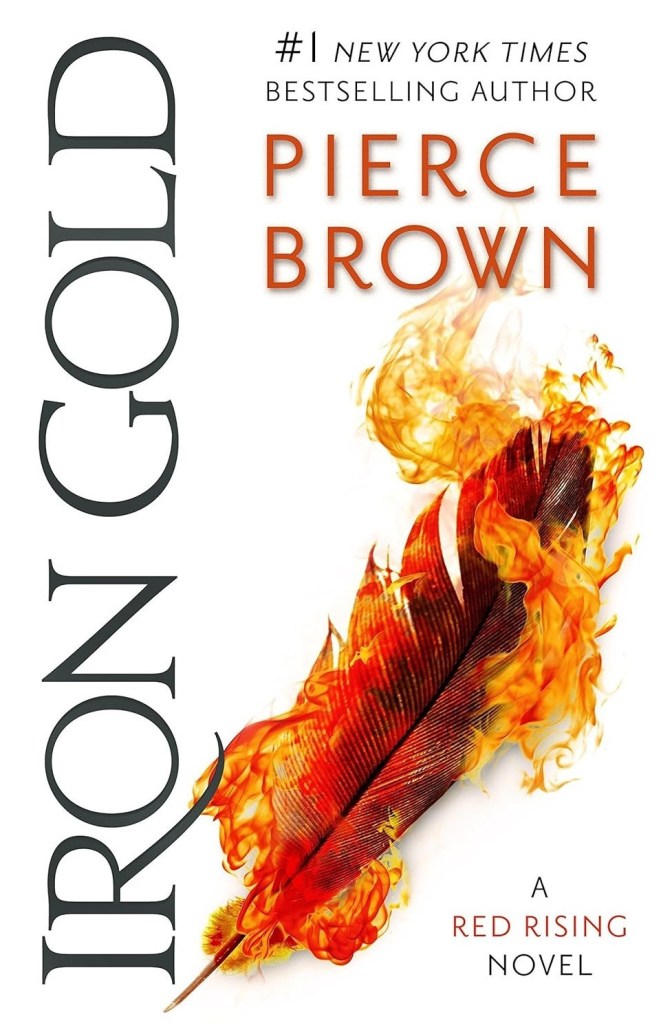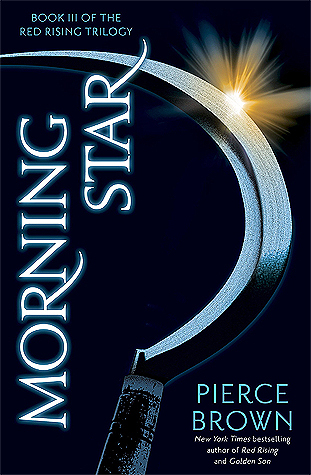This is a quick and engrossing sci-fi spectacle. The setup might seem familiar—government agents fighting unstoppable monsters—but there’s a big wrinkle that makes their job pretty difficult. The monsters are antimemetic—creatures that have “antimeme” powers where no one can remember them. So the agents could be fighting them for the first or fiftieth time. It’s a wild idea and the writer (Qntm) sticks the landing.
The character arc of the main protagonist Marie Quinn kept me hooked, along with all the wild scrapes with the monsters (when she met her husband fighting the Digitizer; the Gage monster that got smashed with the quantum computer data was priceless; and then the key moment when we find out about good ol’ friendly memory-eating Sunshine.).
So how do you win a war you don’t even know you’re fighting? The story has several twists and turns that make this “no-win” Kobayashi Maru scenario just this side of plausible.
The plot builds beautifully, with plenty of thrills and tough choices along the way. It’s like Groundhog’s day for these whipsmart government agents—as the division director keeps mentioning, they are as good as they’ll ever be on the first day of the job, foreshadowing what will happen to her.
Lots of high-stakes gambits happen throughout and a very long game of chicken—measured in decades or centuries maybe—takes place up until the very end when everybody lays it on the line to save the world.
Midway through the story, Quinn is battling baddies as a Day 1 rookie, or so she thinks. But she’s had her memories “eaten” and for good reason. A pretty nasty monster planning to wipe out humankind kills anyone that has knowledge of it, so Quinn took the precaution of erasing her memories of the monster from herself. There is a sealed high-tech room in HQ that allows her to find all her previous research and play catch-up on the current state of affairs.
The good guy versus bad guy setup is standard, but wrapping your head around how these soldiers fight a hidden/forgotten/repeating war makes this one a page-turner.
I wish it had been longer, but I loved what was there.
4 of 5 stars / Josh









